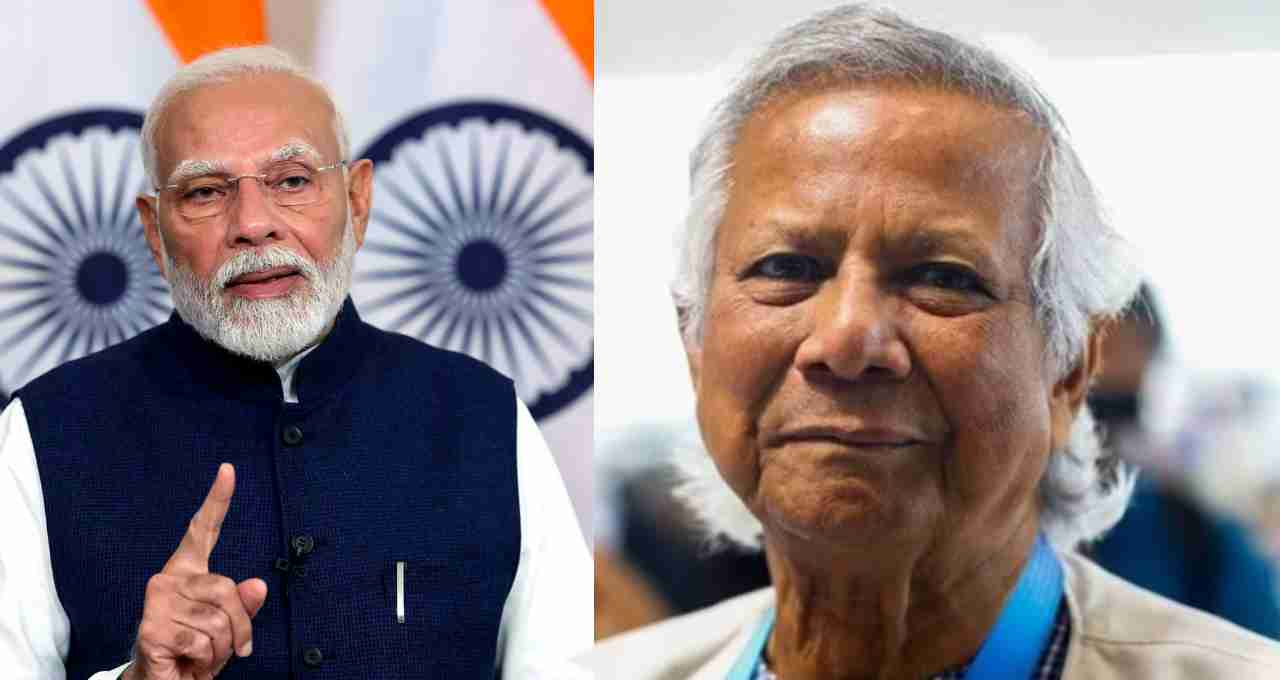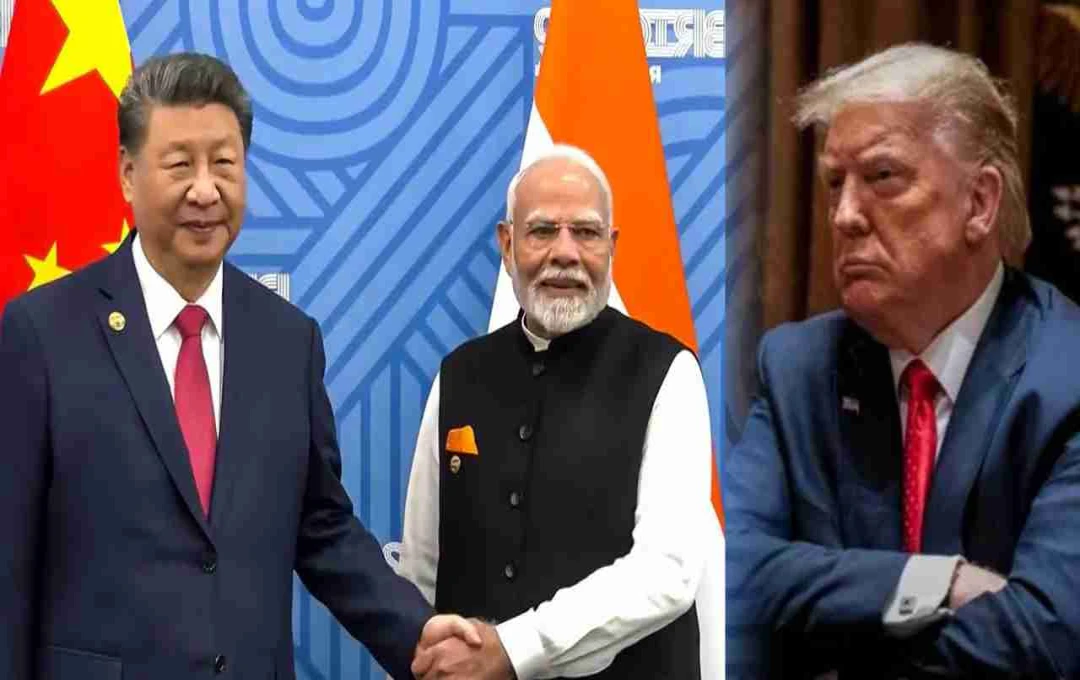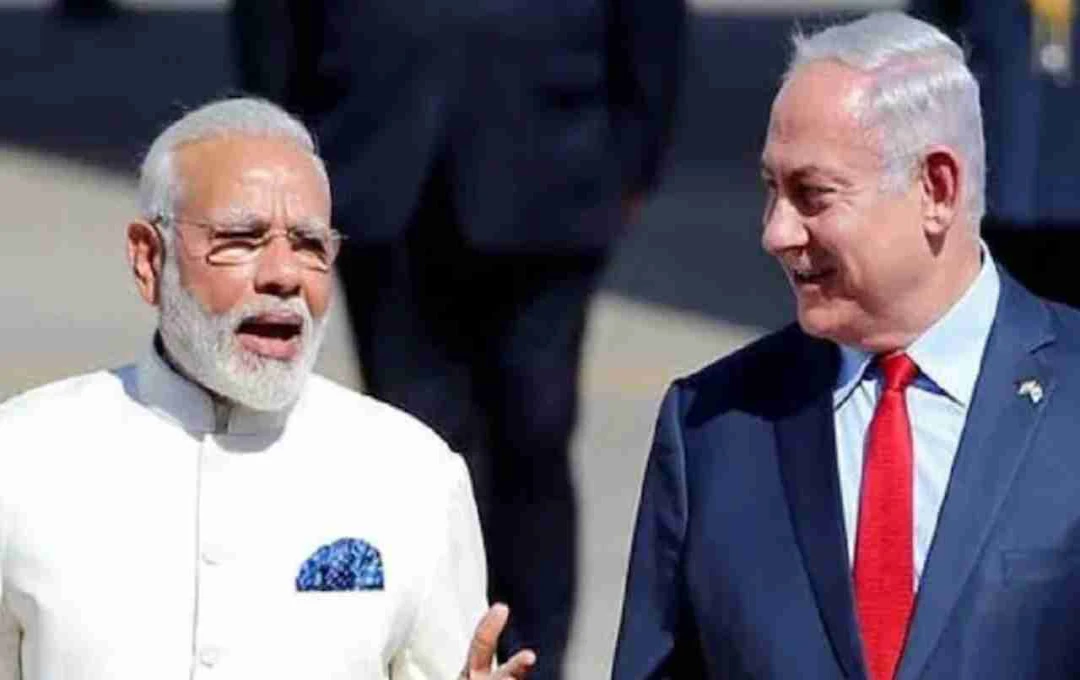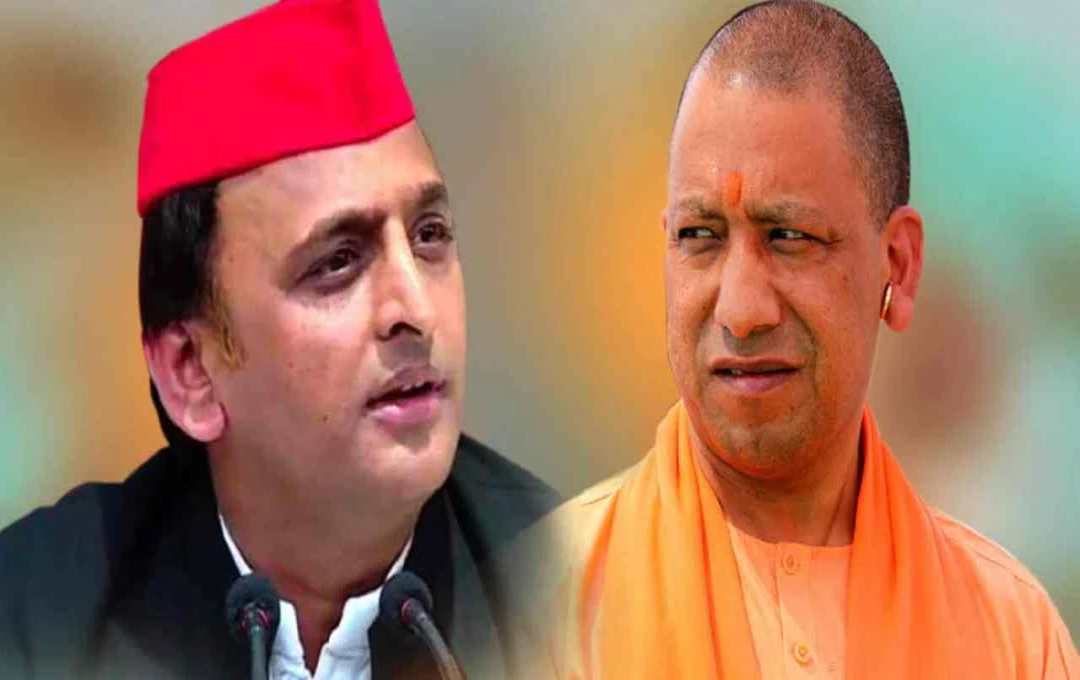India has imposed restrictions on the import of jute from Bangladesh via road. Imports will now only be possible through the Nhava Sheva port via sea route. The aim is to protect the domestic industry.
India- Bangladesh: India has implemented a new and strict condition on the import of jute from Bangladesh. Now, jute from Bangladesh can only be imported into India through the sea route and that too through the Nhava Sheva port in Maharashtra. With this decision, India has completely prohibited the entry of jute from all other land routes and ports. This step has been taken by the Indian government to protect the domestic jute industry from unfair trade competition.
Why This Decision Was Taken
The Directorate General of Foreign Trade (DGFT), which comes under the Ministry of Commerce of the Indian government, issued this order late on Friday. The order stated that from now on, the import of Bangladeshi jute via road or any other port will be completely closed. This import can only be done through the Nhava Sheva port. The Indian government says that the Indian industry is suffering heavy losses due to cheap and subsidized jute products from Bangladesh.
Loss to the Domestic Industry
The Indian jute industry has been struggling for the past few years due to cheap products coming from Bangladesh. Especially products like jute thread, fiber, and bags are reaching India at very low prices, which is weakening the competition of domestic producers. The Indian government found that Bangladeshi companies were sending these products to India by taking advantage of technical exemptions, incorrect labeling, and duty-free schemes. This not only raised questions about trade ethics but also caused economic damage to Indian companies.
Curbing Unfair Trade Practices
A senior official of the Ministry of Commerce said that Bangladeshi exporters were continuously adopting unfair trade practices. They were exporting jute products to India by making false declarations and labeling, despite anti-dumping duties. In addition, the Bangladesh government was also providing more subsidies to exporters. India has now taken this strict decision to curb these activities.
Entry Only Through Nhava Sheva

From now on, Bangladeshi jute products will be able to enter India through only one channel, which is the sea route and that too only from the Nhava Sheva port. This decision is a sign from India that no kind of fraud or disregard for trade rules will be tolerated anymore.
Impact on India-Bangladesh Relations
Relations between India and Bangladesh have gone through many ups and downs in recent years. Since the Sheikh Hasina government was ousted from power, the diplomatic distances between India and Bangladesh have increased. Currently, the growing closeness of the head of the interim government of Bangladesh, Mohammad Yunus, to China has further soured relations with India. Indian policymakers are uncomfortable with Yunus' pro-China policies and anti-India statements.
Bangladesh's Silence and India's Stance
There has been no official reaction from Bangladesh on India's new decision yet. However, it is believed that this decision will affect Bangladesh's export-based economy, especially at a time when the country is already struggling with a foreign exchange crisis and political instability. India's stance is clear – the protection of the domestic industry is paramount and action will be taken against any country that does not follow trade discipline.
Restrictions on Exports to Third Countries as Well
Prior to this decision, India had also removed the facility for Bangladesh to use Indian land customs stations and ports for exports to third countries. This means that Bangladesh will no longer be able to send goods to any other country using India's land or waterways. This decision is also considered a major setback for Bangladesh.
Bangladeshi Textile Industry's Grip on India
Last year, India imported textiles worth around $660 million from Bangladesh. These included products from major global brands like H&M and ZARA, which are manufactured in Bangladesh and exported all over the world, including India. These brands are widely sold in Indian markets, especially in malls. But if the trade tensions between India and Bangladesh continue to increase in this way, then these brands may also face difficulties in the supply chain.














